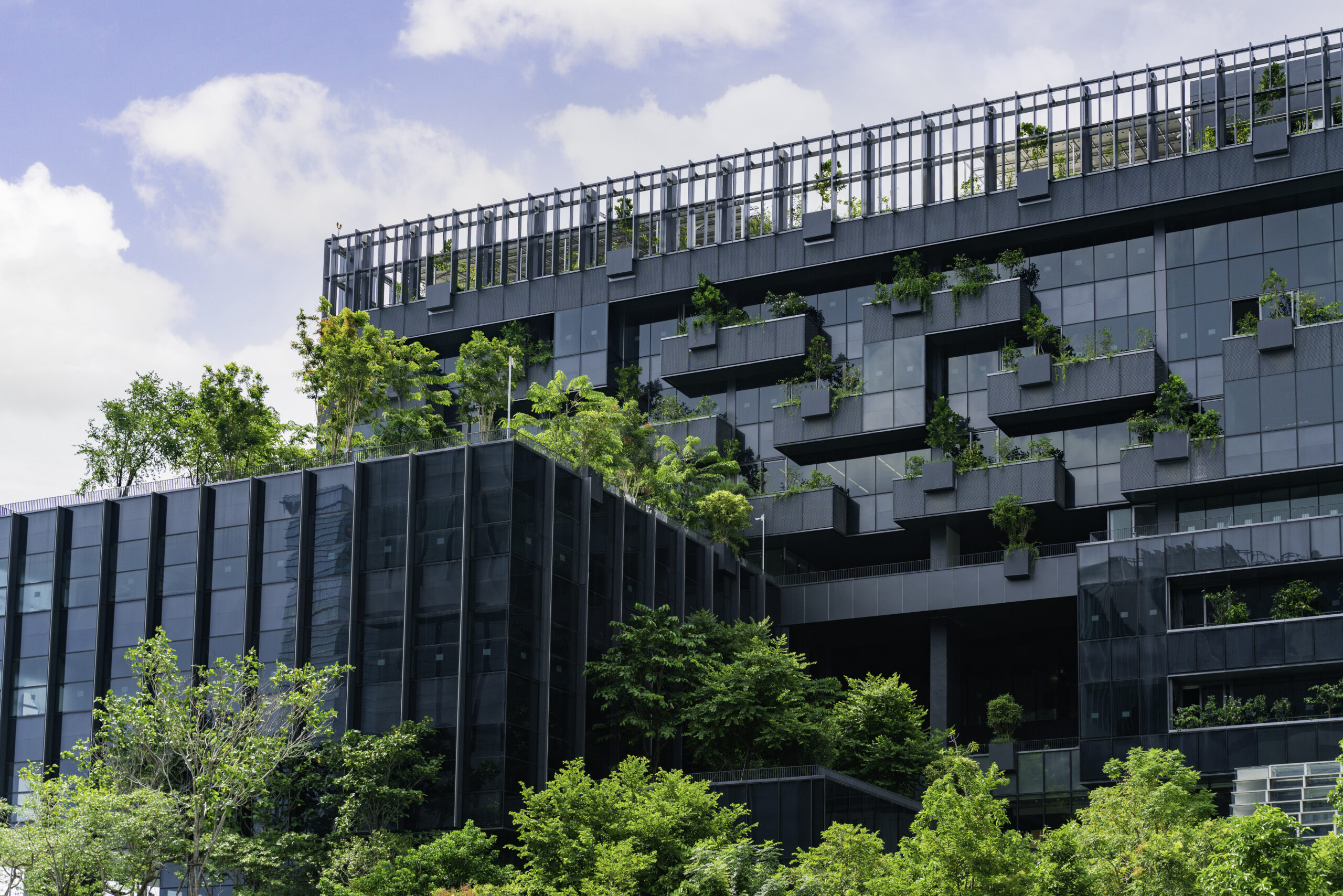
As sustainability becomes a priority in construction and real estate, LEED certification has emerged as the gold standard for green buildings. The Leadership in Energy and Environmental Design (LEED) program, developed by the U.S. Green Building Council (USGBC), sets the framework for energy-efficient, eco-friendly, and sustainable structures. Whether you’re developing a new building or upgrading an existing one, understanding LEED certification requirements is essential for achieving environmental and financial benefits.
What Is LEED Certification?
LEED is a globally recognized green building certification system that evaluates a building’s design, construction, operation, and maintenance based on sustainability criteria. It applies to various building types, including commercial, residential, and industrial structures.
LEED Certification Levels
LEED operates on a point-based system, awarding certification at different levels based on a building’s performance in sustainability criteria:
- Certified: 40-49 points
- Silver: 50-59 points
- Gold: 60-79 points
- Platinum: 80+ points
The more points a project earns, the higher its certification level, reflecting superior sustainability efforts.
LEED Rating Systems
Different projects fall under various LEED rating systems depending on their type and function. The primary LEED rating systems include:
- LEED for Building Design and Construction (BD+C) – New buildings or major renovations
- LEED for Interior Design and Construction (ID+C) – Interior fit-outs
- LEED for Building Operations and Maintenance (O+M) – Existing buildings improving performance
- LEED for Neighborhood Development (ND) – Sustainable urban planning
- LEED for Homes – Residential projects
LEED Certification Requirements
To achieve LEED certification, projects must meet mandatory prerequisites and earn credits in the following key categories:
- Sustainable Sites
Encourages the use of eco-friendly site selection, reduced environmental impact, and stormwater management strategies. Points can be earned by incorporating green roofs, permeable pavements, and responsible land use.
- Water Efficiency
Projects must demonstrate reduced water consumption through efficient plumbing fixtures, rainwater harvesting, and irrigation management. Water reuse and low-flow fixtures contribute significantly to earning points in this category.
- Energy & Atmosphere
Buildings must improve energy performance through efficient HVAC systems, renewable energy sources, and optimized building automation systems. Enhanced commissioning, energy metering, and green power purchases can also help gain points.
- Materials & Resources
Encourages the use of sustainable materials, recycling programs, and waste reduction. Points are awarded for responsibly sourced materials, waste diversion, and using low-carbon-footprint construction materials.
- Indoor Environmental Quality
Focuses on enhancing indoor air quality, daylight access, and reducing pollutants. Projects earn points by implementing low-VOC materials, proper ventilation, and occupant comfort strategies.
- Innovation
Extra points are available for innovative sustainability practices that go beyond standard LEED requirements, such as cutting-edge green building technologies and wellness-focused building designs.
- Regional Priority
Projects can earn additional points by addressing environmental concerns specific to their location, such as coastal flood risk, desert water conservation, or urban heat islands.
Steps to Achieve LEED Certification
- Register Your Project – Sign up with the Green Business Certification Inc. (GBCI) through the USGBC website.
- Plan for LEED Credits – Work with sustainability experts to integrate green building practices early in the design process.
- Submit Documentation – Provide evidence that the project meets LEED criteria, including energy models, material sourcing, and site plans.
- Third-Party Review – The USGBC reviews the submission to determine whether the project qualifies for certification.
- Earn LEED Certification – Once approved, the project is awarded a LEED certification level.
Start Your LEED Certification Journey with Advanced Control Corp
Advanced Control Corp can help you achieve your LEED certification in Florida! A proud member of the U.S. Green Building Council (USGBC), Advanced Control has been at the forefront of green building in South Florida and the energy conservation movement for over twenty years.
Our team specializes in building automation, access control, CCTV systems, and energy management systems, making us the ideal partner to enhance your building’s environmental, energy, and financial performance.
Contact Advanced Control today at 954-491-6660 to get started toward a greener tomorrow!

